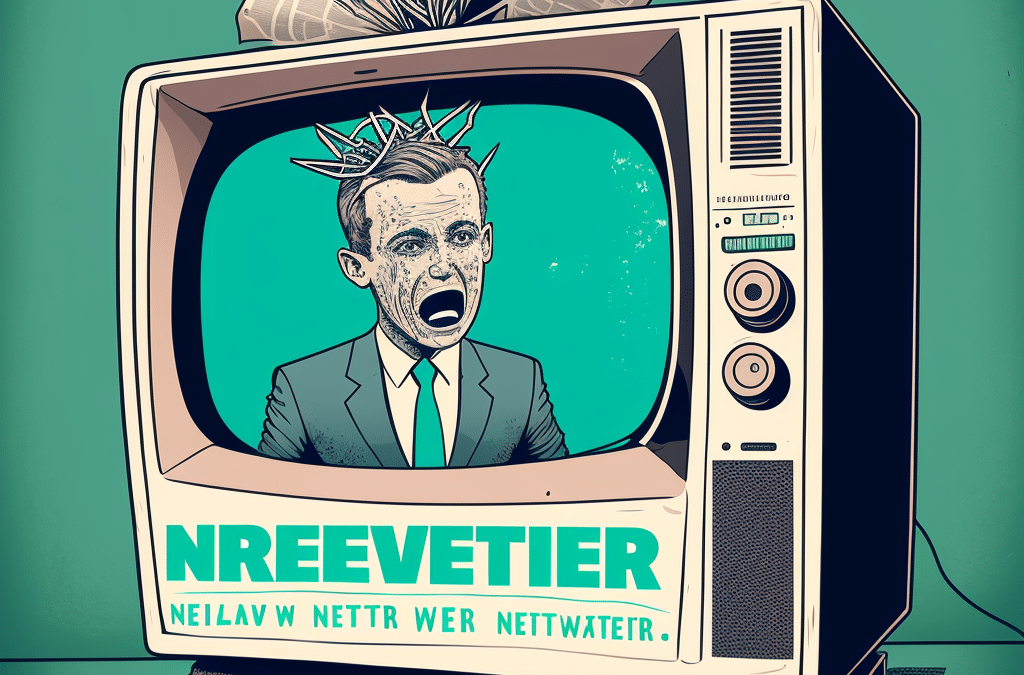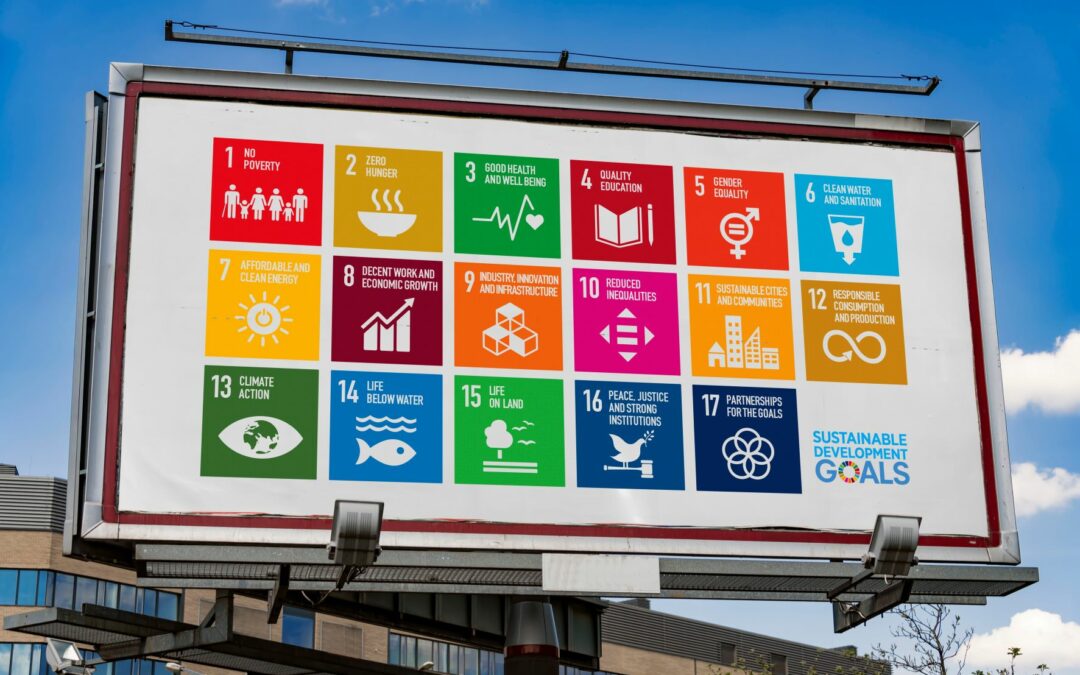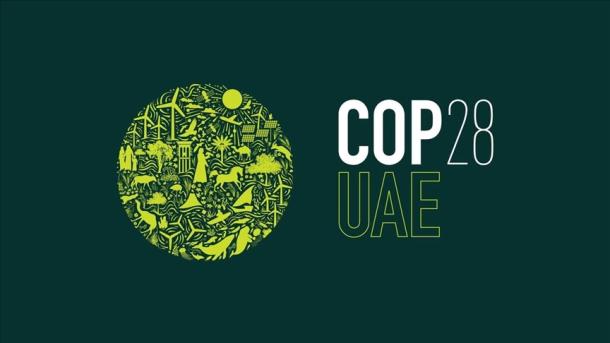Welcome to SSG February NewsLitter, written by a news-wonk who is ever less certain about what he knows…let alone all he can not.
December intentions for this second offering were to look at nuclear futures, education and democracy. But intentions – other than those provoked by a direct, immediate threat to one’s survival – don’t age well these days. However, as change continues to accelerate, much that has happened, since NL 1, shows these three ‘fields’ continue to litter the news-scape, more, if differently, than less. But, to prove I am not hostage to historic decisions, some early reactions to population controversies are offered as a bonus.
Nuclear!
For decades a ‘taboo’ subject, nuclear matters were only infrequently in the news, and then mostly in academic and civil society settings bemoaning the threatening existence of nuclear weapons. Those committed to the abolishment of everything nuclear still harp on real or perceived nuclear dangers, usually in terms of catastrophic events such as nuclear winter, millions incinerated and sickened, and forever-radioactivity. Those focused on non-proliferation (NP) and nuclear disarmament (ND); i.e. on nuclear weapons, occasionally accompanied the more totally worried with expressions of existential concerns. But, usually their dialogue, and disagreements, addressed treaties, safety, cost (and cost-benefit), military utility, conflict deterrence and alliance doctrine. For the first time in decades, ‘nuclear’ has become everyday news, world-wide.
The fusion success in California was as overhyped by the scientists responsible for it as it was downplayed by realists who see its future as a significant energy source as a mild ‘maybe’, decades from now. Small, or modular, nuclear reactors (SMR) had a cheering section even before the search for ways to mitigate the energy crisis, much amplified of course because of the war for Ukraine. SMR supporters are convinced that not going small-nuclear will guarantee energy insecurity. A four-company US-Canadian consortium states it will produce their first reactor by 2028.
For those countries with many, big nuclear reactors, the influence of the Fukushima Daiichi event on their energy decisions has all but died in the face of Europe’s winter, higher energy costs everywhere, the growth of wind and solar deployments, and the inconvenient shock that decades of insufficient reactor maintenance and replacement now demand unplanned and simultaneous shutdowns for safety reasons. France is in a state of energy panic. Germany has had to reverse course on its 2012 decision to mothball nuclear reactors. Japan is working overtime to try to quickly get more of their dozens of nuclear plants back on-line. China is building more new reactors. The UK and US are persevering on reactor projects notwithstanding years-long delays and mind-boggling cost increases.
Fact: People nowhere prefer freezing in dark, and poverty, to light and heat from fission. This has lowered the intensity and frequency of objections to nuclear weapons, even as South Korea stated they might now be necessary (again), the US and Russia trade blame over the reasons for the sad state of their one remaining agreement on nuclear arms control, China increases its nuclear infrastructure and weapons count, and – not to be forgotten – The US of A has committed US$ 60 billion annually for nuclear weapon modernization until 2030. Not surprisingly, the now years-long Global Zero campaign: Move the Nuclear Weapons Money, continues tractionless, with no detail whatsoever on sums, from what to what, and timelines.
Education?
At a fundamental level, it is argued that education has little changed since the days of the one-room schoolhouse. The teacher is in front, telling (seated) students what they are to learn, and punishing those who refuse to ‘obey’. Then, the lone teacher often taught several subjects at different levels to, at most, a few dozen students. Now, a teaching assistant (or a professor) provides a tech-enabled ‘lesson’ on one subject to possibly hundreds students in a huge auditorium (or 1000s to a MOOC). Format and hierarchy have little changed…other than punishment becoming less corporal. But the priority and therefore process of ‘education’ have definitely changed. They are now framed largely in terms of the still pre-eminent business metric; monetary profit. This bottom-line focus produces, for all but the rich, a degree for a debt.
Attention to the provision of learning for life, for satisfying personal and professional fulfilment is secondary. In many countries, the education business is corrupt and incompetent; attendance and effort to learn are not required at degree mills. In some countries students are stressed beyond survival to gain even the right to attend a ‘good’ school or university.
Which is more numerous; the number of debt-ridden, degreed individuals who are mis-employed, unemployed and unemployable, or the number of unfilled positions for ‘essential workers’ whose individual and team skills too few colleges and universities offer curriculum for, even after three pandemic years have unambiguously demonstrated they are fundamental components of human security. If the COVID-19 pandemic had one positive outcome, it was to expose how unprepared the world is for a polycrisis – notwithstanding the technology deployed since the beginning of the industrial revolution – because the learning provided and available was insufficient at best – even dangerous in its absence – for needs to be identified in time, and addressed at necessary scale sustainably and interoperably. Millions have died unnecessarily for lack of caregivers. Many more millions are now mentally ill after weeks to years of being unable to obtain effective help for the existential personal threats they knew they were facing.
There are faint signs that the business of education can transition to becoming a service of learning. Corrupt institutions are being shut down. The exponential increase in numbers of highly to obscenely paid school and university officials who play no part in contributing to learning, has become unavoidable, and embarrassing, public knowledge. Criticism is mounting about eternal tenure[1] for professors who not only enjoy a wastefully short work-year but are free to engage in richly rewarded research while leaving teaching to assistants; individuals often earning less than a living wage and with no benefits and no hope of tenure. Presidents of countries have been forced to take an interest in the massive debts their, predominantly young, citizens incurred to ‘earn’ a degree, especially ones that in no way promoted employability. Tenure that must be regularly re-earned has begun to appear. Authorities are removing the need for one to have a degree to be considered for employment, as evidence rapidly mounts that it is the person who makes a difference not a shinplaster. Some political leaders are calling for more vocational institutions that teach skills.
And suddenly !! ChatGDP, and a growing roster of competing siblings, all driven by FOMO[2]. In only two months, free services that provide almost instantaneous responses to requests for written and artwork have approached the levels of respect, value and veracity of the much, much slower efforts of human experts. Who can imagine where this second tier of knowing will take education, let alone diplomacy, art, religion, history, crime and conflict? Imagining will soon be ‘seeing’, because it is becoming impossible to be blind to the fact that ever more of today’s leaders and all those of the future will ‘lead’ with knowledge, wisdom and emotion provided by ChatGDP et.al..
On to Democracy.
Churchill famously said in 1947 that democracy is the worst form of government, except for all the other forms. The claim bears repeating today, arguably even more loudly. In these times of ever-accelerating change to the context for each complex component of the polycrisis, democracy – which does not do ‘fast’ well, oversight voluntarily, and accountability effectively – is frequently being overwhelmed. Adding ‘insult to injury’, the majority of the world’s largest, most advanced, most populous and influentially located countries are only intermittently, and less and less substantively, ‘democratic’. The list obviously includes the US, Turkey, India, China, Russia, Israel, South Africa, Saudi Arabia, and Nigeria.
The ‘jury’ of almost all the respected organizations that globally assess the ‘democracy’ of states unanimously claim that democracy in all its manifestations is in decline. Included among them, recently, are the Economist Intelligence Unit’s ‘Democracy Index[3], Freedom House’s annual Global Freedom Status[4], Transparency International’s annual Corruption Perceptions Index[5] and the Institute of Economics and Peace’s Global Peace Index[6].
Sadly, the ending of the most significant national COVID-19 lock-downs does not seem to be having any significantly positive influence on the state of democracy globally. And the overlapping and unevenly shared impacts of the planetary polycrisis – headlined by the intensifying consequences of accelerating climate change -are obstructing the efforts of even the few politically coherent and people-centred states and regions to make arrest, let along make headway against corruption, oppression, inequality, dishonesty and an apathy for accountability. It is suggested that the Democracy Index needs to add a fifth, and overarching, regime-type; the flailing regime. Haiti, Sri Lanka, Lebanon, and Myanmar certainly make the list. Then again, there are very few states that, today, are not flailing.
Bonus subject: Population.
Until very recently, the populations issue was how high the number would become, and by when. That almost universal take on the human journey has suddenly become only one of a ‘stew’ of issues providing virtually every field of endeavour a platform to engage. The stew is often of a counterintuitive recipe. For example, the global population continues rising – for now – because of the combination of two falling factors; the global birth rate is falling, but not as quickly as the global death rate. This is part of the reason India is about to overtake China as the most populous country. Another example; fear of unpleasant consequences of a rapidly rising global population is being replaced by concerns that a fall in the numbers of the working population could soon become insufficient to physically provide for, and financially underwrite the care needed by, the fast-rising numbers of members of the ‘silver tsunami’.
Which will prevail: fertility, whether or not promoted by governments, or longevity, provoked by the major advances in medical and social ways and means? Much has recently been made of the failure of China’s zero-COVID lockdowns. But perhaps China’s most costly demographic failure will prove to be its decades-long one-child policy. The unintended consequences include a huge male-female imbalance, which is exaggerating the deepening gap between the efforts and taxes of workers and the costs and care of ever more, older, elderly.
So finishes Newslitter 2.
Next time, the premier target of comment will be the impact of the ChatGDP family on veracity in and effectiveness of education, diplomacy and history. However, if Western tanks, and certainly if Western fighter jets have been deployed in Ukraine, their impact will undoubtedly litter the news and demand attention. If not, a second major theme will be a survey on ‘space’; the space every living thing needs for their individual and collective security and planetary survival. The trend is all downward, and consequences could border on the apocalyptic.
Do let me know if you want my ‘opinion’ on any other issues. We are always up for a challenge.
[1] Tenured professors enjoy the professional world’s most benign ‘work-life’ balance. For less than eight months professing per year, and with a paid sabbatical (normally) every eighth year, they ‘work’ significantly less than two-thirds of the time for full pay.
[2] FOMO – Fear of Missing Out
[3] The Global Democracy Index is based on 60 indicators grouped in five different categories, measuring pluralism, civil liberties, and political culture. In addition to a numeric score and a ranking, the index categorises each country into one of four regime types: full democracies, flawed democracies, hybrid regimes, and authoritarian regimes. Democracy has been in recession since 2016. https://www.unesco.org/en/world-media-trends/global-democracy-index
[4] Freedom House works to defend human rights and promote democratic change, with a focus on political rights and civil liberties. We act as a catalyst for freedom through a combination of analysis, advocacy, and action. Our analysis, focused on 13 central issues, is underpinned by our international program work. 2021 was the 16th consecutive year of decline in global freedom. https://freedomhouse.org/report/freedom-world/2022/global-expansion-authoritarian-rule
[5] Transparency International is a global movement that works in over 100 countries to end the injustice of corruption by promoting transparency, accountability and integrity. The 2022 Corruption Perceptions Index reveals scant progress against corruption as world becomes more violent. 95% of countries have made zero progress since 2017. https://www.transparency.org/en/cpi/2022
[6] the Global Peace Index (GPI) is the world’s leading measure of global peacefulness. This report presents the most comprehensive data-driven analysis to-date on trends in peace, its economic value, and how to develop peaceful societies. The Global Peace Index covers 99.7% of the world’s population and is calculated using 23 qualitative and quantitative indicators from highly respected sources, and measures the state of peace across three domains: the level of Societal Safety and Security, the extent of Ongoing Domestic and International Conflict, and the degree of Militarisation. https://www.visionofhumanity.org/peacefulness-declines-to-lowest-level-in-15-years/




0 Comments